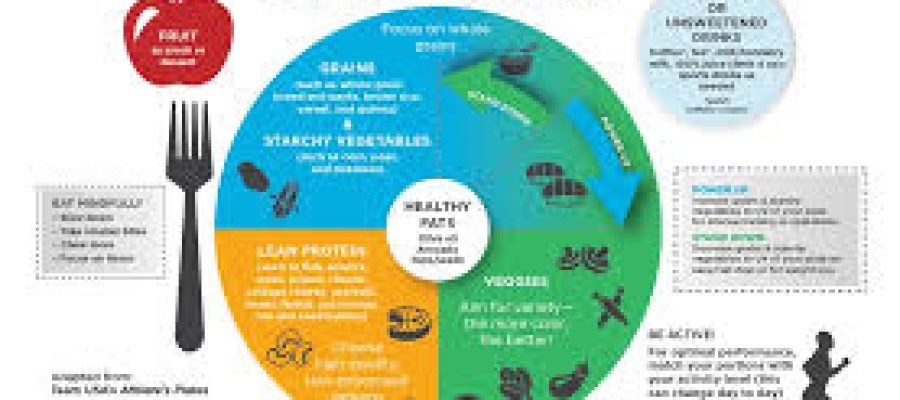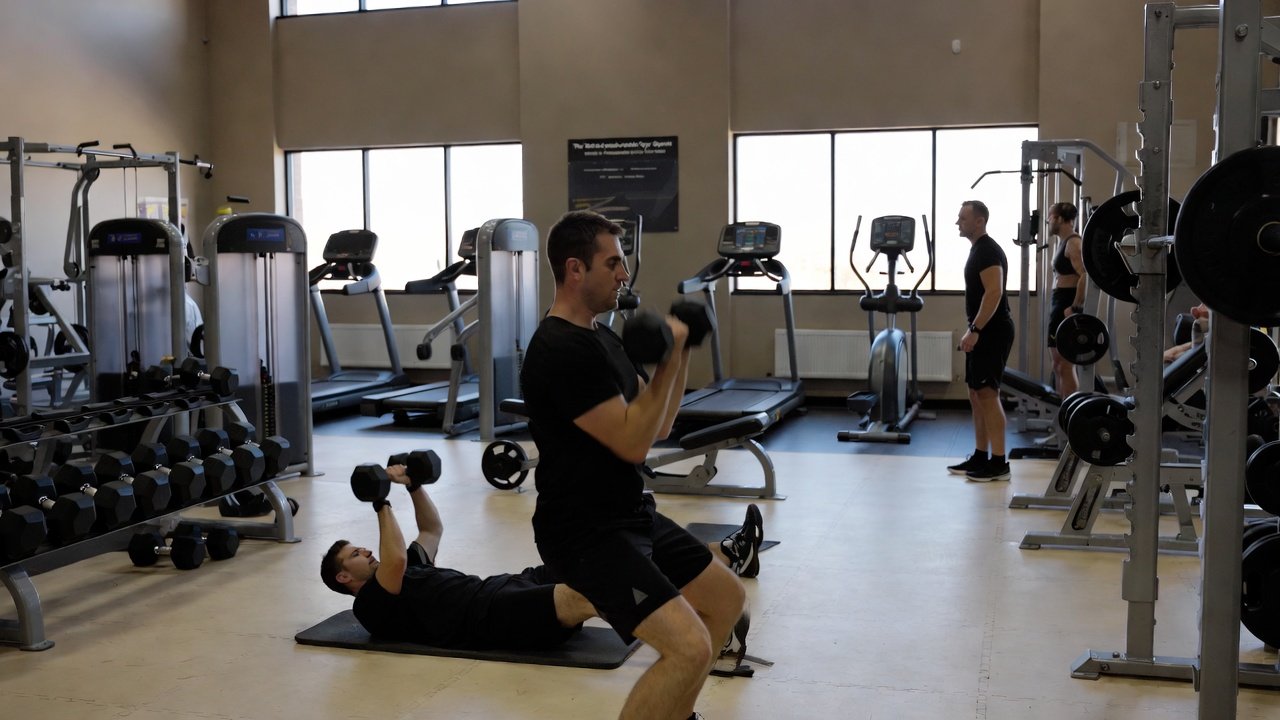If you’ve mastered the basics of nutrition—balanced meals, portion control, and hydration—it’s time to step up your game. Whether you’re an athlete aiming to improve performance, someone looking to build muscle, or simply striving for better health, advanced nutrition strategies can help you unlock your full potential. From macronutrient timing to targeted supplementation, these tips will take your diet and results to the next level.
In this guide, we’ll dive deep into advanced nutrition principles, including macronutrient timing, supplementation, and goal-specific dietary adjustments, to help you achieve peak performance and optimal health.
The Role of Advanced Nutrition in Achieving Your Goals
Advanced nutrition goes beyond simply eating healthy. It’s about tailoring your dietary intake to support your specific fitness goals, whether that’s muscle growth, fat loss, enhanced athletic performance, or improved recovery. By strategically manipulating macronutrients, timing your meals, and integrating effective supplements, you can achieve greater efficiency in your fitness and health endeavors.
1. Mastering Macronutrient Timing
Macronutrient timing refers to consuming carbohydrates, proteins, and fats at specific times to optimize energy levels, performance, and recovery. This strategy is especially beneficial for athletes and active individuals who need to fuel their workouts and promote muscle repair.
a. Carbohydrates: Fuel Your Workouts
Carbs are your body’s primary energy source. Timing carbohydrate intake around your workouts can improve performance and recovery.
- Before Workouts: Eat slow-digesting carbs (e.g., oatmeal, brown rice) 2–3 hours before exercise to maintain steady energy levels.
- After Workouts: Focus on fast-digesting carbs (e.g., bananas, white rice) within 30 minutes post-workout to replenish glycogen stores.
Tip: Aim for 0.5–1 gram of carbs per pound of body weight post-exercise.
b. Protein: Build and Repair Muscle
Protein is crucial for muscle repair and growth. Consuming protein at strategic times throughout the day ensures your body has the necessary building blocks to recover and adapt to training.
- Pre-Workout: A small serving of protein (~20 grams) can enhance muscle protein synthesis during exercise.
- Post-Workout: Consume 20–40 grams of high-quality protein (e.g., whey protein or lean chicken) to jumpstart recovery.
- Before Bed: A casein protein shake or Greek yogurt can provide slow-digesting protein, supporting muscle repair overnight.
c. Fats: Support Hormonal Balance
While fats are not ideal immediately before or after a workout (as they slow digestion), they play an essential role in overall health. Incorporate healthy fats (e.g., avocados, nuts, olive oil) into meals away from your training window to support hormonal health and long-term energy levels.
2. Incorporating Targeted Supplementation
Supplements are not a replacement for a well-rounded diet but can provide an extra edge when used strategically. Here are some evidence-backed supplements to consider:
a. Protein Powder
- Ideal for meeting daily protein requirements, especially post-workout.
- Types: Whey protein (fast-digesting), casein protein (slow-digesting), and plant-based options (e.g., pea or rice protein).
b. Creatine Monohydrate
- One of the most researched supplements, creatine boosts strength, power, and muscle growth.
- How to Use: Take 3–5 grams daily, with or without food.
c. Branched-Chain Amino Acids (BCAAs)
- May reduce muscle soreness and promote recovery, particularly during long or intense workouts.
- How to Use: Sip on BCAAs during training sessions.
d. Omega-3 Fatty Acids
- Found in fish oil, omega-3s support heart health, reduce inflammation, and improve recovery.
- How to Use: Take 1–3 grams daily with meals.
e. Multivitamins
- Help fill nutrient gaps, especially during periods of intense training.
- How to Use: Choose a high-quality multivitamin tailored to your needs (e.g., men’s, women’s, or active lifestyle formulas).
3. Adjusting Your Diet for Specific Fitness Goals
Your nutrition plan should align with your individual goals. Below are recommendations for common fitness objectives:
a. Muscle Growth
- Caloric Surplus: Eat 10–15% more calories than your maintenance level.
- Macronutrient Ratio: Focus on 40% carbs, 30% protein, and 30% fats.
- Key Foods: Lean proteins (chicken, fish, eggs), complex carbs (quinoa, sweet potatoes), and healthy fats (avocados, almonds).
b. Fat Loss
- Caloric Deficit: Consume 10–20% fewer calories than your maintenance level.
- Macronutrient Ratio: Prioritize protein (40%), moderate fats (30%), and lower carbs (30%).
- Key Foods: High-fiber vegetables, lean protein sources, and healthy fats.
c. Athletic Performance
- High-Carb Intake: Ensure carbs make up 50–60% of your total calorie intake to fuel endurance and power.
- Hydration: Drink plenty of water and consider electrolytes for long-duration activities.
- Key Foods: Bananas, whole grains, lean proteins, and sports drinks for extended events.
4. Tracking and Adjusting Your Progress
Advanced nutrition requires constant monitoring and adjustments to ensure you’re on track. Here’s how to evaluate and tweak your plan:
- Track Your Intake: Use apps like MyFitnessPal to log your meals and ensure you’re hitting your macronutrient targets.
- Monitor Progress: Take weekly measurements, photos, and notes on how you feel during workouts.
- Make Adjustments: If you’re not seeing results, reassess your caloric intake, macronutrient ratios, or supplement routine.
5. Common Mistakes to Avoid
a. Neglecting the Basics
Advanced strategies only work when the fundamentals—like eating whole foods and staying hydrated—are already in place.
b. Overloading on Supplements
Relying too heavily on supplements instead of real food can lead to nutrient imbalances.
c. Ignoring Individual Needs
Everybody is different. Tailor your plan to your unique goals, metabolism, and activity level.
Conclusion
Taking your nutrition to the next level involves more than eating healthy; it’s about strategic planning that aligns with your fitness goals. By mastering macronutrient timing, incorporating targeted supplements, and adjusting your diet for your specific objectives, you can unlock peak performance and achieve your desired results.
Please review our business on Google Yelp Facebook
Please visit our Member’s Area to access 100’s of health and fitness topics.
Did you know you can work out and exercise with a trainer at your home, office, hotel room, or anywhere in the world with online personal training?
Like us on Facebook/Connect with us on LinkedIn/Follow us on X
Make sure to forward this to friends and followers!






